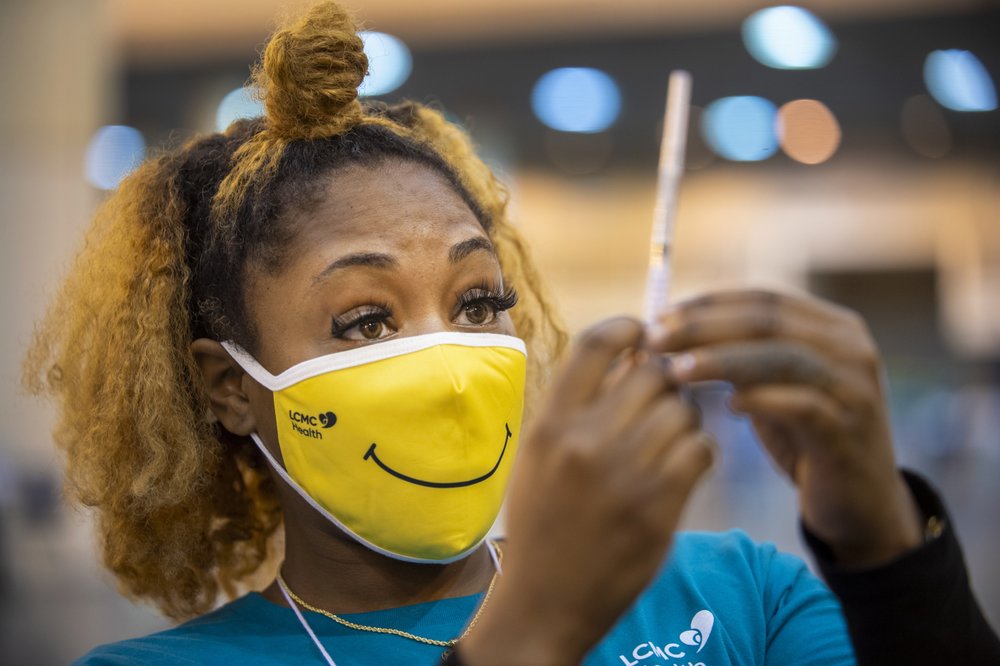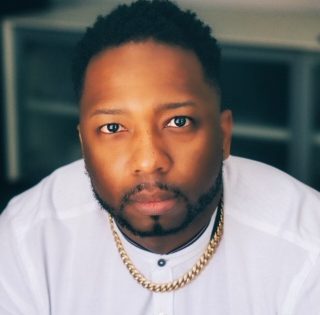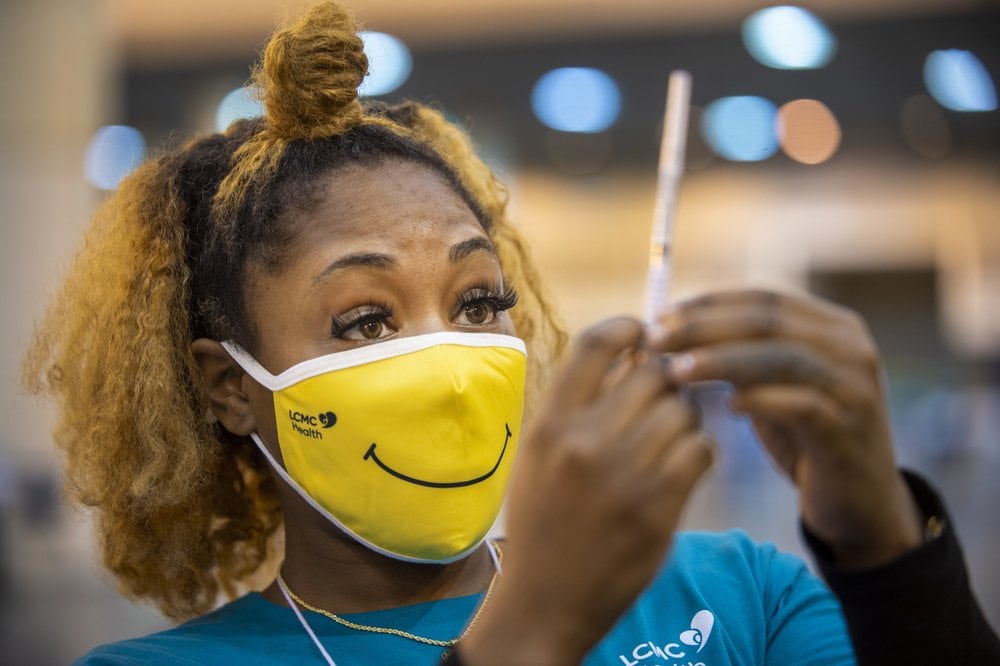Vaccine hesitancy isn’t all that’s standing in way of Black and Brown vaccination
OPINION: If the nation wants to achieve herd immunity, they must adopt community-specific vaccination sites coupled with ongoing education
Newsflash: Lots of Black and Brown folks want to get vaccinated, but bureaucratic and technical bottlenecks, like crashing websites and inaccessible vaccine sites, are standing in the way.
The number of Black people who say they would be interested in getting the vaccine has steadily risen. A December poll by the Kaiser Family Foundation (KFF) COVID-19 vaccine monitor project found that 62% of African Americans say they would probably or definitely get vaccinated against COVID-19 if given the opportunity; a 12% increase from the same September 2020 survey.
Researchers estimate that the vaccine acceptance rate in Black communities is over 70% now. That means that vaccine hesitancy alone does not explain why white Americans are being vaccinated at significantly higher rates than Black Americans, in many cases two to three times higher.
I recently got vaccinated in Harlem, New York. On both my visits to the vaccination site there were more minority healthcare professionals giving shots than Black and Brown patients receiving them. I wondered aloud where all the Black and Brown people were. Public interest law groups, community boards, and churches — who advocate for health equity on behalf of its community members — questioned why the neighborhood’s racial makeup was not reflected in the vaccination numbers.

Read More: Biden to announce plan for additional 100 million J&J vaccine doses
Nearly 80% of the population in central Harlem identify as Black or Latinx, yet access to the most valued resources within the community are often inaccessible to community members. The gobbling up of vaccine appointments from members outside the community has become so prevalent in the five boroughs of New York City that embattled Governor Andrew Cuomo has set aside vaccines for those who have been hit hardest by the virus.
By creating community-specific vaccination sites, Cuomo prioritized the health and safety of historically marginalized and underserved communities, who are at highest risk of dying from COVID-19. If the nation wants to achieve herd immunity, they must adopt this model.
Implementing fair and antiracist policy must be coupled with ongoing education. Mistrust rooted in structural racism is still a major factor that leaves Black and brown Americans behind in their quest to get vaccinated. Policy and education go hand in hand; when we acknowledge the existence of structural racism without creating systems to change it, we are left with more explicit versions of the health disparities that we are trying to eliminate.
Consistent gaps remain in Black and brown communities because we are not a monolith, despite our tendency to move like a village. Attitudes on immunization vary widely because thoughts on the vaccine are not hinged to racial identity alone, but several other world views. Research suggests that those who are Republicans, age 30 to 49, or from rural America are also more likely to be vaccine hesitant.
Reasons for hesitancy vary among these groups, with Republicans less likely to believe COVID-19 is a risk than other hesitant groups, and hesitant Black Americans more worried that the vaccine might have dangerous side effects. That’s why a “one size fits all” approach to unpacking hesitancy has been less effective than a multifactorial one. A similar approach will be needed to rid our current vaccine distribution models of the systemic barriers that render the vaccine largely inaccessible to Black and brown communities.

Read More: Vaccine doses for Black Florida communities given to white residents
Translating increased vaccine confidence to shots will be no small feat. We need more accessible vaccination sites, better websites, and continued widespread efforts to educate Black and Brown Americans on how the vaccine works and why taking it is important to ensuring the health and safety of our community.
We need to provide low-income communities with free, high-speed internet so making an appointment on one of these overloaded websites is feasible; and secure transportation to and from clinical sites as required. We need community leaders to lead the vaccination movement so tax-paying residents benefit from the resources in the community.
I understand that the current messaging of vaccine importance may seem tone-deaf to some, especially those in Black and brown communities who wonder why their compliance is so desperately needed now, when Black health didn’t appear to be a priority prior to and during the pandemic’s peak. If Black and brown Americans were an integral part of the vaccine development and distribution model maybe things would be different. Or maybe it is different, but the systems in place do not allow us to see clearly all the progress we’ve made.
The disparities in vaccination rates are the result of systemic failure years in the making. That’s why increasing vaccine access should not be our main goal, but a welcomed byproduct from the deconstruction of our racist healthcare systems. By prioritizing antiracism, highlighting its importance to all Americans and rooting equity in policy reforms, we can reap lasting benefits far beyond protection from the coronavirus.

Dr. Shamard Charles is an assistant professor of public health and health promotion at St. Francis College and sits on the anti-bias review board of Dot Dash/VeryWell Health. He is also host of the health podcast, Heart Over Hype. He received his medical degree from the Warren Alpert Medical School of Brown University and his Masters of Public Health from Harvard’s T.H. Chan School of Public Health. Previously, he spent three years as senior health journalist for NBC News and served as a Global Press Fellow for the United Nations Foundation. You can follow him on Instagram @askdrcharles or Twitter @DrCharles_NBC.
Have you subscribed to theGrio’s new podcast “Dear Culture”? Download our newest episodes now!
TheGrio is now on Apple TV, Amazon Fire, and Roku. Download theGrio today!
The post Vaccine hesitancy isn’t all that’s standing in way of Black and Brown vaccination appeared first on TheGrio.

